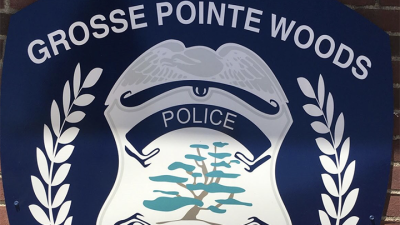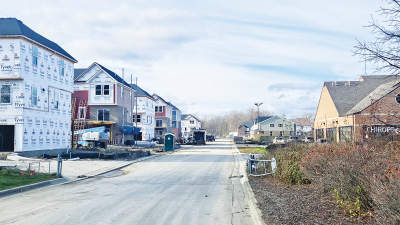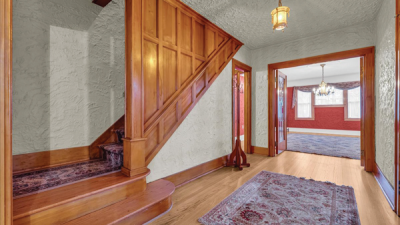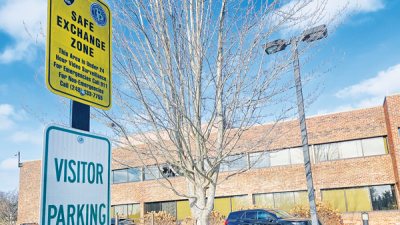GROSSE POINTE WOODS — Grosse Pointe Woods voters this fall will likely be asked to weigh in on a charter change that would enable the City Council to approve future incremental spending limits on city administrators’ purchase and sale of property.
The Woods City Council discussed being able to raise the spending threshold from the current maximum of $5,000 to a maximum of $10,000 during a Committee of the Whole work session June 6. City Administrator Frank Schulte said that would be more in line with neighboring communities; he said Grosse Pointe Shores has a spending threshold of $10,000; Grosse Pointe Farms has a threshold of $11,000; and St. Clair Shores and Eastpointe each have thresholds of $15,000.
Spending of these funds doesn’t require a council vote and enables administrators to handle day-to-day purchases and contracts. Schulte said getting quotes and coordinating with contractors can cause some projects to languish for months before they can be finished. For example, when part of a brick lot wall on the Anita Avenue parking lot toppled over in 2021, Schulte said getting quotes from three contractors, securing council approval and scheduling the job took six months for a repair that cost $8,000.
Schulte said “it has been very difficult” to purchase needed equipment or perform maintenance on parking lots, grounds and elsewhere with the $5,000 spending limit.
Schulte said the last time this spending threshold was raised was 33 years ago, in 1989. At that time, voters approved amending the charter to increase the amount to $5,000.
“I think it’s long overdue, and we could be more effective and more efficient,” Schulte said.
Mayor Arthur Bryant was among the officials who agreed.
“I’m very in favor of that,” Bryant said.
Because this spending threshold is currently established by the city’s charter, increasing the amount would require approval by Woods voters. Woods officials are hoping to ask voters this fall to remove this provision from the charter and place it in the hands of the council going forward.
City Councilman Kenneth Gafa wanted to make sure that the city wouldn’t need to keep asking voters to approve future spending limits.
“I look at it as, if we’re going to constantly go back to the voters … it’s going to get a little wearying,” Gafa said.
Schulte said the ballot proposal they’re working on would make future increases something that the council would decide.
“Once you do this, it will just be a council decision by resolution,” Schulte said. “You won’t have to go back for a vote of the people.”
City Attorney Debra Walling said these days, elected officials typically determine the amount of these spending limits, rather than it going to a vote of the people each time they need to be increased.
“That seems to be the trend of Michigan cities,” Walling said.
City Councilman Michael Koester said he was “completely in support of this,” but he wanted to make sure there were parameters as to what this money could be spent on.
Koester said he wanted reassurance this was “just to allow for easier functioning of (government) … (to cover) already-agreed-upon expenditures.”
Schulte said that this would be the case.
If the council approves the ballot language, Walling said the proposal would be sent to the Michigan Attorney General’s office for review. She said the Woods hopes to ask voters to decide on this matter during the next general election Nov. 8.
The Committee of the Whole voted unanimously to recommend approval of the ballot proposal language to the council. At press time, the council was slated to approve the ballot proposal as part of its consent agenda during a meeting June 20.
 Publication select ▼
Publication select ▼





















